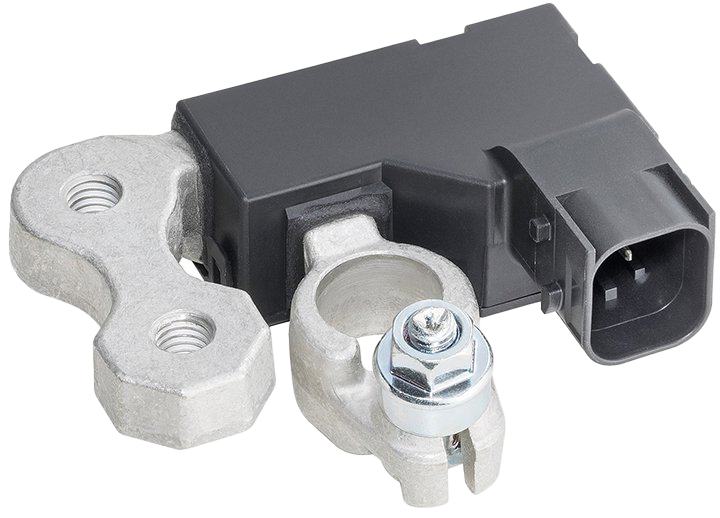Neo-ecology
The neo-ecology megatrend describes the major social change toward a resource-efficient, sustainable economy. It is therefore a combination of ecological and economic action. Environmental awareness and sustainability are also playing an increasingly vital role in our society, and important topics including decarbonization and e-mobility will have a major impact on reducing CO2 emissions.
Decarbonization
In today's world, climate change is increasingly coming to the fore and today we know that global warming is caused by CO2 emissions. Therefore, processes that release CO2 should be replaced by climate-friendly alternatives, which is why we have made it our objective to reduce these emissions by using renewable energy sources. Sustainably produced hydrogen gas represents a promising alternative, as it has great potential for the future due to its versatility. For the industry, however, the required flexibility in gas composition entails a new challenge that must be mastered. AST develops sensors that meet these challenges and ensure safe and reliable handling of the critical medium hydrogen over the long term.
E-mobility
The mobility of the future must become CO2 neutral due to climate change, the scarcity of raw materials, and environmental pollution. This is precisely the approach that e-mobility is taking. It outlines the use of electrically powered vehicles and is thus the key to a more sustainable design of tomorrow's mobility.
However, care must be taken to ensure that the expansion of the infrastructure goes hand in hand with the production of e-vehicles. After all, a fast-charging station is of no use if the vehicles cannot charge quickly. AST has developed various sensors for vehicles and infrastructure that support progress in both segments and are aligned with each other making it possible to achieve the goal of sustainable e-mobility even more quickly.





